
Where do they come from, and what makes them work? Where do they go for half the day? The KESC, Pepco and Wapda bring out that same child-like wonder in me. Or more accurately, they make me childish. For example, now, when there’s an unscheduled electricity outage, I immediately call 118. “KESC Response centre. How may I help you?” The phone is always answered with the same line, delivered crisply and with confidence. But then I noticed a trend. No one at 118 seems to speak any English beyond that line.
But that’s ok, after all, the KESC is Pakistani problem, made by Pakistanis, for Pakistanis. So now I just speak in Urdu. But it appears that nobody at the KESC response centre knows really knows anything at all. Sometimes I’m told there’s a major fault and the entire area has been affected. When will it be fixed? No idea. Sometimes I’m told that there is no fault. But, I protest, there is no electricity. Yes, they say, but that’s because a feeder has tripped, that’s not a fault.
I reply – and I admit, not always calmly – that my home has no electricity, isn’t that a fault? From here the conversation usually deteriorates to an appropriately childish level. At that point I usually give up; worried I might burst a blood vessel in my brain. On the plus side, I’ve managed to kill about half an hour and hopefully power will be back on soon. Even when I do have electricity, 118 manages to let me down. Once I saw a power line on fire while driving down the road.
I did my civic duty by calling 118 to report the emergency. “Sorry sir, we are a complaint line only.” But I am complaining But let’s be fair. While the KESC (and Lesco, Pesco, Mesco and all the other disco parties) are a massive disappointment to all concerned, there are others equally worthy of our ire. And right at the top of the web is Slytherin alum, the Federal Minister for Water and Power Raja Pervez Ashraf. And that’s why Barrister Farooq Hassan may be my new favourite hero.
As you may have heard, he’s the frustrated citizen who has filed a contempt of court case against the parseltongue, Raja Pervez Ashraf. The basis of the case against ‘he-who-must-not-be-believed’ is the fact that he – repeatedly – made promises that are yet to materialise. In doing so he gave false hope to millions of democracy-naive citizens.
Yet, despite all this, at the moment the minister seems to have risen anew, unscathed, once again telling us what to do, and promising us a bright future. And this time I know the future will be bright because I’m going to grow up and buy a generator.
1725177144-0/Untitled-design-(8)1725177144-0-405x300.webp)
1725173339-0/Untitled-design-(6)1725173339-0-165x106.webp)




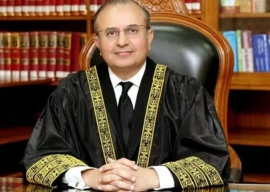
1725017662-0/Untitled-design-(2)1725017662-0-270x192.webp)
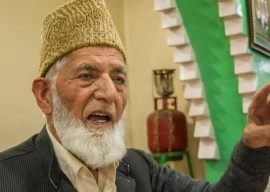


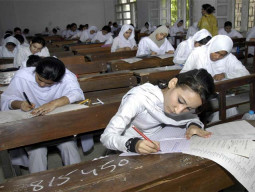

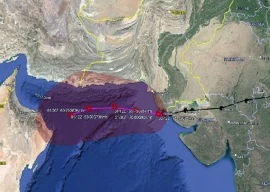
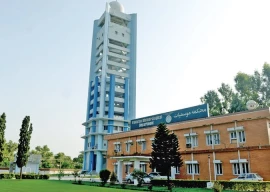








COMMENTS (7)
Comments are moderated and generally will be posted if they are on-topic and not abusive.
For more information, please see our Comments FAQ